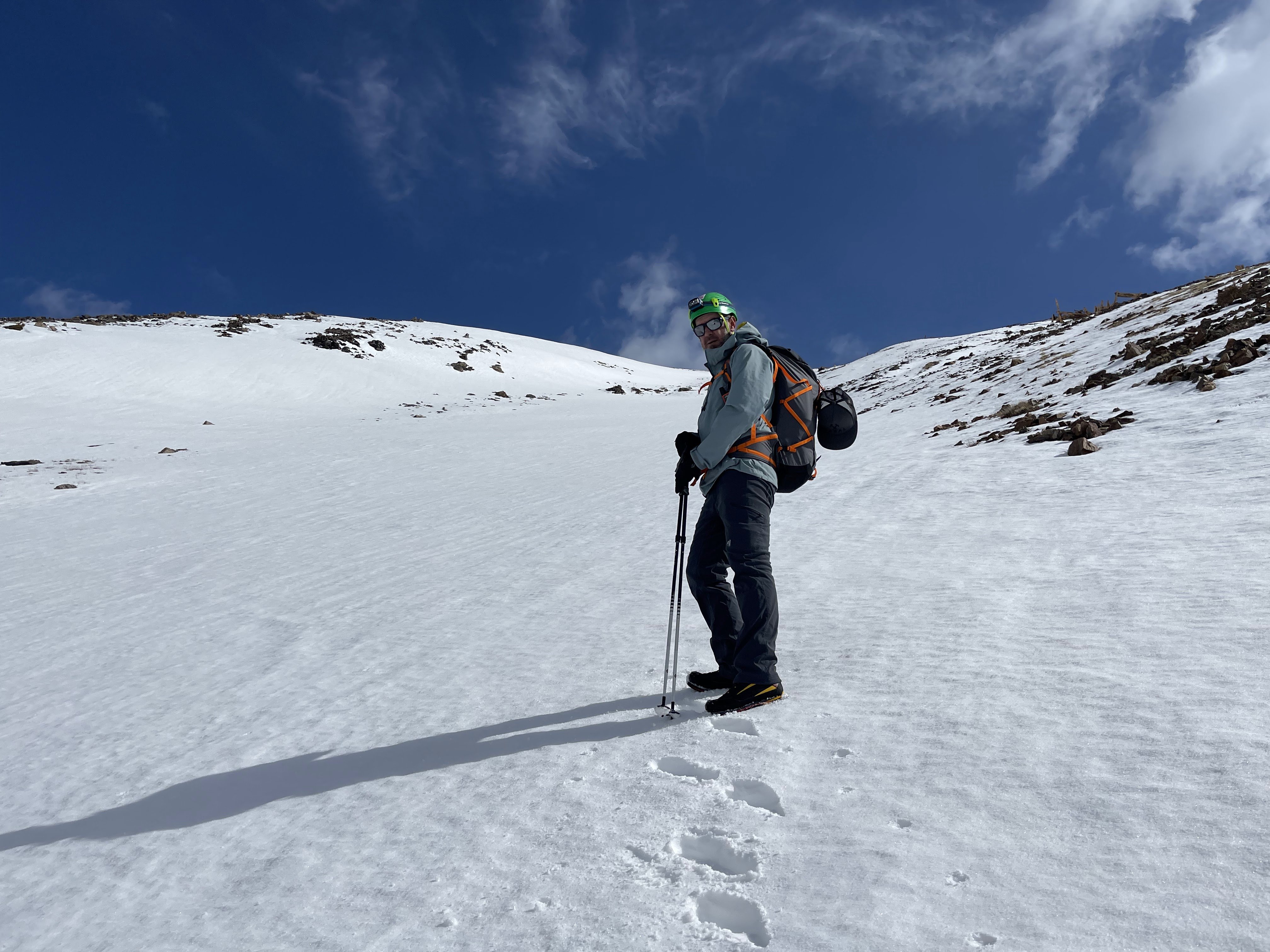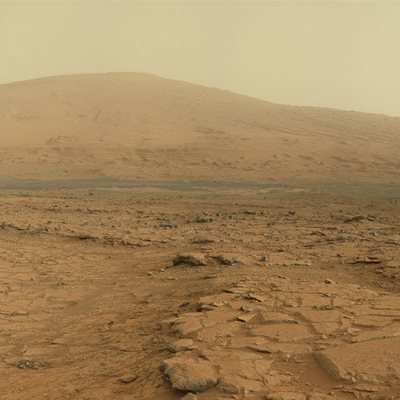Perseverance has started to core the top of the ‘Mount Meeker’ target, its coring bit is placed a little to the left of the ‘Dragons Egg’ abrasion patch that the rover has been inspecting for several sols. For scale the diameter of the drill bit is ~25mm (1 inch). Processed F-L HazCam image from Sol 862 (July 25, 2023).
Credits: NASA/JPL-Caltech
Oh man… They are getting dust everywhere!
I’m assuming whomever named these spots on Mars took inspiration from Mt Meeker in Colorado. This also has a rock feature on its southwest slope called the dragons egg.
The feature is prominent in a technical backcountry ski route called The Dragons egg couloir.
They sure did…
Jezero crater has been divided into more than one hundred map quadrangles to aid geological mapping. Each of these square areas of interest spans 0.025 degrees in latitude by 0.025 degrees in longitude, each quadrangle measures about 1.5 kilometers square or about 1.22 x 1.22 km. (0.75 x 0.75 miles)
The map quadrangles in the crater are informally named after Earth based national parks or preserves. The assigned map name will then form the ‘theme’ for naming targets of interest within that map.
The rover is currently in map quadrangle ‘Rocky Mountain’ hence the naming convention / theme :)
Jezero crater has been divided into more than one hundred map quadrangles to aid geological mapping.
The map quadrangles in the crater are informally named after Earth based national parks or preserves. The assigned map name will then form the ‘theme’ for naming targets of interest within that map.
The rover is currently in map quadrangle ‘Rocky Mountain’ hence the naming convention / theme :)
See attached mission map with the quadrangle names
Basically they take a geological region from somewhere here on earth, such as Colorado or The Rocky Mountains, and take names from those regions.
What’s up with those QR-code style stickers?
u/AWildMimicAppears
These are Fiducial Markers (or fiducials for short). Fiducials basically allow the rover’s computers to measure itself.
The markings are a staple of engineering that can serve two parallel purposes, to calibrate cameras and to calibrate various mechanisms on the rover.
They’re a common feature in high-tech photography and robotics here on Earth, but the use of fiducials on extra-terrestrial robots is relatively new.
The technique started informally on the Mars Exploration Rover (MER) mission, which landed Spirit and Opportunity on the Red Planet’s surface in 2004.
JPL engineers noticed that, over time, the accuracy of the MER robotic arm was degrading, and they weren’t really sure why. So some of the JPL engineers came up with an algorithm that would just recognize a circular feature on the end of the arm. Then every day, it could track where that actually was versus where the robotic rovers thought it was. The idea blossomed into more than just an engineering hack with Curiosity. JPL engineers came up with the design for the fiducials for Curiosity, as they needed something that would be easy for either a computer program or a person to accurately pick the center of. Having that intersection in the middle makes it easier for a person, as they can zoom in on the image and click exactly on that intersection, and the design also makes it easy for a computer, because it can compute the center of a circle. From there, basic trigonometry lets engineers piece together the positions and orientations of the various parts of the rover.
To measure all of the mechanisms on the rover, fiducials are installed all over the turret, on the end of the rover’s arm, as well as on the tops of the steering actuators and on the top deck of the rover.
They were so useful they are now installed on the Mars Insight lander and the M2020 rover.
M2020 also uses the smaller ‘April Tags’. They’re fiducial markers for machine vision systems and are “robust to lighting and viewing angle”.
Thanks for your detailed answer! Comments like this are what makes a community great 😊
It’s a question that pops up every now and again, glad to be able to help :)




